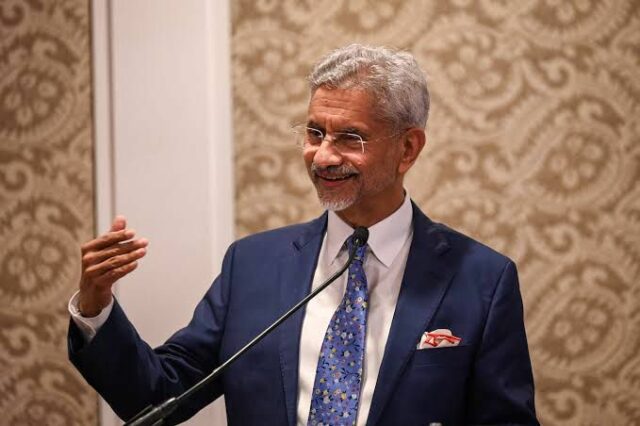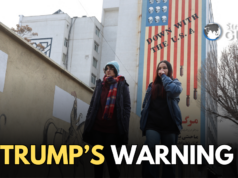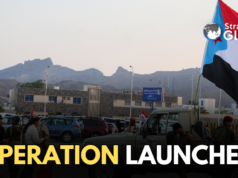
“We face the paradox that even as the forces of change have advanced, some longstanding issues have only become more complex.”
With that India’s External Affairs Minister S Jaishankar underscored how inequities have taken on new forms and manifestations. Whether it is access to developmental finance or modern technology, the benefits of globalisation have been very uneven.
“Concerns of health, food and fuel insecurity are particularly acute. The Covid pandemic and multiple conflicts have aggravated the burdens borne by the Global South,” he warned.
He ticked off five points that would ensure the “benefits of change” reach those left behind and create a more equitable global order.
“Platforms of an independent nature” should be strengthened and expanded, he said and this is where BRICS can make a difference to the Global South.
Established institutions and mechanisms such as the UN Security Council should be reformed in both the permanent and semi-permanent categories. This also applies to “multilateral development banks, whose working procedures are just as outdated as that of the UN.
“India initiated an effort during its G20 presidency and we are glad to see Brazil take that forward.”
There is a need to democratize the economy by creating more production hubs. The Covid experience, he noted, is a reminder of the need for more resilient, redundant and shorter supply chains. Every region, he said, aspires to create their own production capabilities.
There’s a need “to correct distortions in global infrastructure that are a legacy from the colonial era”.
The world urgently needs more connectivity options that enhance logistics and mitigate risks. This must be a collective endeavour for common good with “utmost respect for territorial integrity and sovereignty.”
“By sharing experiences and new initiatives, India seeks to do its fair share.”
In this respect he mentioned the Digital Public Infrastructure, Unified Payments Interface and the Gati Shakti initiative.
While emphasising Prime Minister Modi’s call for abjuring war and settling disputes through dialogue and diplomacy, he said “Agreements once reached must be scrupulously respected, international law should be adhered to and there should be zero tolerance for terrorism.”
He also addressed the conflict in West Asia, calling for “an approach that has to be fair and durable leading to a two-state solution.”
Thirty eight years in journalism, widely travelled, history buff with a preference for Old Monk Rum. Current interest/focus spans China, Technology and Trade. Recent reads: Steven Colls Directorate S and Alexander Frater's Chasing the Monsoon. Netflix/Prime video junkie. Loves animal videos on Facebook. Reluctant tweeter.




